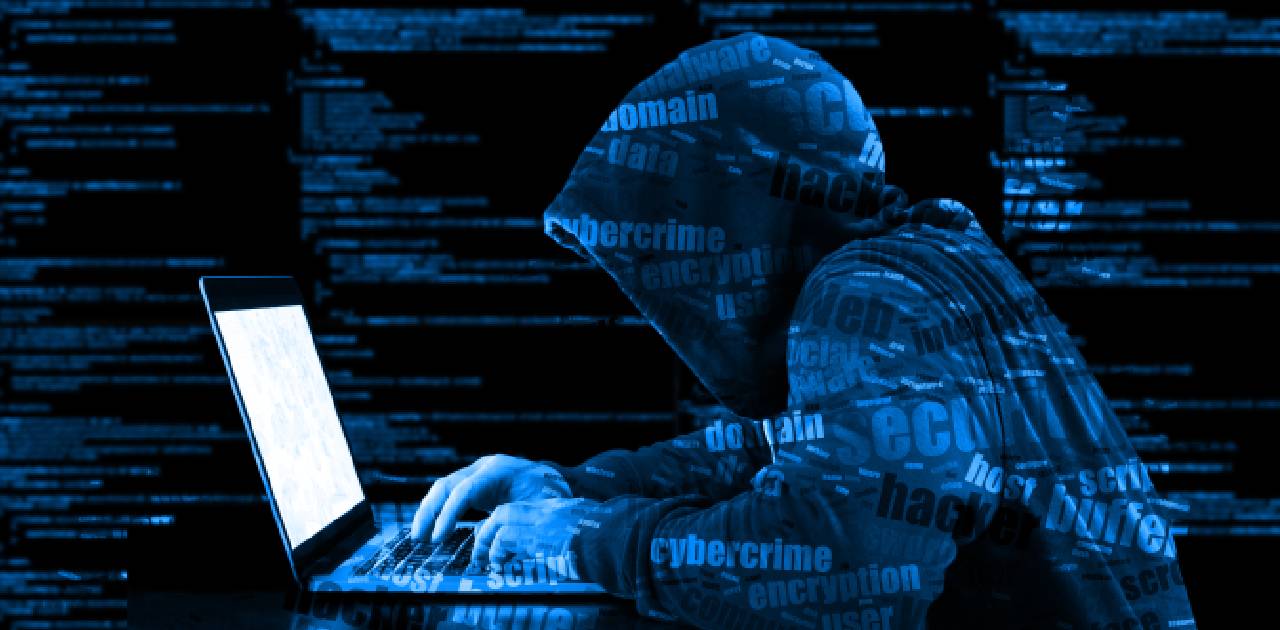Cybersecurity isn’t just a component we can add to the framework, it’s really a rising property of an all-around structured framework.
Because of the Ongoing COVID-19 pandemic with more than 1.5 million cases, the fast adapting of Information Technology (IT) in the Health Sector combined with developing reports of ransomware, and hacking has focused on cybersecurity in health care services. Cybersecurity episodes are a developing danger to the HealthCare industry when all is said and done and medical devices specifically. Be that as it may, this is actually quite difficult in light of the fact that hospitals are phenomenally innovation immersed, complex associations with top of the line point intricacy, interior politics, and administrative pressures.
The quick digitization of the healthcare industry has prompted a gigantic increment in the number of ransomware, malware and focused on cyberattacks, which puts private patient information like personal details, medical history, and financial information related data in danger. The healthcare systems are emerging as an attractive organization for hackers to target with each compromised clinical record getting from anyplace $50 up to $20,000 as indicated by industry gauges.
The quick digitization of the healthcare industry has prompted a gigantic increment in the number of ransomware, malware and focused on cyber attacks, which puts private patient information like personal details, medical history and financial information related data in danger.
Security of medical devices
It is built up that 1 out of each 4 clinical devices is presently connected. If you visit the hospital today, you would experience in any event at least 5 clinical devices during your visit. Due to this expanded connectedness of healthcare devices, hackers are beginning to target healthcare and could protect Health data (PHI) or much more terribly, hurt a patient by impairing the working of these gadgets.
Challenges in providing security
The medicinal services industry is not investing in IT security for long with a primary spotlight just on normal guidelines and not realizing the importance of cybersecurity in hospitals and other healthcare sectors which may lead to situations where the confidential information and other data may get breached and the hackers may take full advantage of it.
At that point, there are notable issues like absence of digital security experts’, absence of system backup abilities that are putting healthcare companies under the steady danger of digital misuse.
What needs to be done?
Cybersecurity isn’t just a component we can add to the framework, it’s really a rising property of an all around structured framework. In addition, it is critical that makers and organizations managing clinical devices start to execute security techniques directly from the initiation of a device up to its commercialisation. Building cybersecurity into devices from the beginning reduces dangers and the expense of security consistency.
The healthcare industry has lingered behind different ventures in securing its fundamental partner (for example patients), and now clinics must put impressive capital and exertion in securing their frameworks and systems. This is more difficult than one might expect in light of the fact that medical clinics are remarkably innovation immersed, complex associations with top of the line point unpredictability, interior governmental issues, and administrative weights.
In spite of the fact that security and well-being issues in the clinical space take a wide range of structures there are some prescribed security norms to address the dangers in organized healthcare devices:
- Medical device manufacturers must ensure device security at the starting stage to avoid unnecessary costs and last-minute shortcuts that developers take to push in some form of the security factor.
- Use super strong passwords to protect all external connection points of the hospitals.
- Develop on-time patch management, update IT security policies and vulnerability assessments.
- Increase awareness among physicians, CMIOs (Chief Medical Information Officers) and medical security teams about present and potential vulnerabilities in medical devices.
- Protect the infrastructure from attacks like malware and ransomware attacks with a trusted security solution.
- Take a backup of confidential information and other important data at regular intervals and also keep a copy of it offline.
The benefit of connected medical devices are always from the risks and the ethical(authorised) hackers are working really hard to make sure that the connected medical devices out there are worthy of our trust. No product is hack-proof, but successful and responsible companies mitigate, and constantly monitor the ever- present threats to critical assets.
Composed by: Soni Pandey

